
All News






body {background: #000; font-family: Arial, Helvetica, sans-serif; font-size: 12px; color: #FFF; text-align: left; margin-top: 50px;}#wrapper-celgene {border: 1px solid #9c9c9c; width: 965px; padding-bottom: 20px; overflow: hidden; background-image: url(http://imaging.ubmmedica.com/all/editorial/cancernetwork/infocenter/celgene/background-celgene.png); background-repeat:repeat-y;}#cn {font-size: 12px; font-weight: bold; margin-bottom: 10px;}#header {margin-left: 25px;}#footer {font-size: 10px; margin-top: 10px;}#wrapper-content {margin: 5px 0 10px 25px;}#panel-left {width: 635px; float: left;}#panel-right {float: left; margin-left: 25px;}#slide {background-image: url(http://imaging.ubmmedica.com/all/editorial/cancernetwork/infocenter/celgene/slide-off.png);width: 265px;height: 91px;margin-bottom: 7px;}#slide .left{width:90px; height: 90px; float: left; border: 1px solid #9c9c9c;}#slide .right{margin: 15px 0 0; float: right; width: 165px;}#slide-hot {background-image: url(http://imaging.ubmmedica.com/all/editorial/cancernetwork/infocenter/celgene/slide-on.png);width: 265px;height: 91px;margin-bottom: 7px;}#slide-hot .left{width:90px; height: 90px; float: left; border: 1px solid #9c9c9c;}#slide-hot .right{margin: 15px 0 0; float: right; width: 165px;}a {color: #fff;}



We speak with two experts to discuss breast cancer risk, genetics, and prevention options available to women at high risk of developing breast and ovarian cancer.
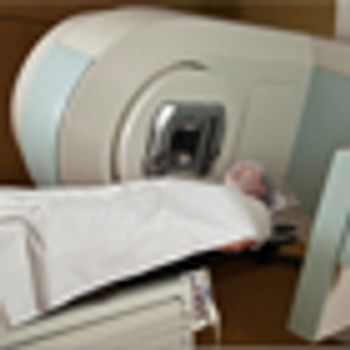
Palliative radiotherapy is an effective means of alleviating pain and improving overall quality of life in elderly patients with bone metastases, according to a new study.
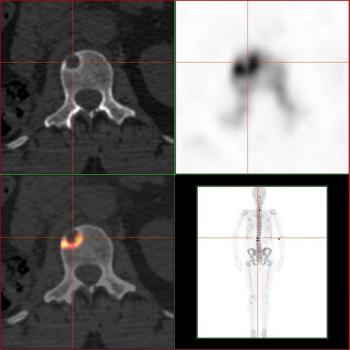
This slide show features images of diffuse osteoblastic bone metastases in a 70-year-old advanced prostate cancer patient, bone metastases in the vertebral column of a kidney cancer patient, and more.

Now is a critical moment for all involved in caring for cancer patients to engage in this national policy debate; numerous cancer advocacy organizations have already joined the effort to oppose the sequester cuts to oncology drugs.

I looked after one of my partner’s patients who is approaching death from advanced, refractory ovarian cancer. She asked me not to talk about anything negative with her. We can’t really make any decisions without discussing negative things. Should I just remain silent about them at her request?
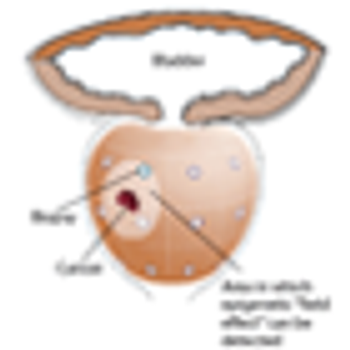
A 46-year-old man sought consultation for an abnormal prostate-specific antigen (PSA) level of 9 ng/mL and one prior negative biopsy. Five months ago, while traveling, he had presented to an urgent care facility with a 24-hour history of fever, chills, nausea, and vomiting.

How many times have you been killed for being the messenger with the bad news? You can often tell who is going to be angry when the CT scan shows recurrent disease. It is one of many things that are so stressful about being an oncologist. Let’s be honest; over the course of our career, we give a lot of bad news.

To my oncologist: You certainly were pleasant and compassionate. You also tended to minimize the gravity of the situation when my disease progressed. I know you’re not psychic, but when things are going badly, don’t be afraid to tell me you’re worried.

This interview covers standards for healthcare provider competency in offering comprehensive genetic services, and highlights genetics/genomics resources for nurses.

A holistic nursing interventions study, presented at the ONS Congress, highlights its ability to reduce anxiety, nausea, and pain, and improve select vital signs.

Cancer Network and the journal ONCOLOGY present exclusive coverage from the annual meeting of the American Society of Clinical Oncology (ASCO). Visit one of our topic-specific ASCO pages or follow the stories below to catch some of the most important information to come out of this year's event.

Cancer Network and the journal ONCOLOGY present exclusive lung cancer coverage from the annual meeting of the American Society of Clinical Oncology (ASCO). Check out the stories below for write-ups of the most important information to come out of this year's event.
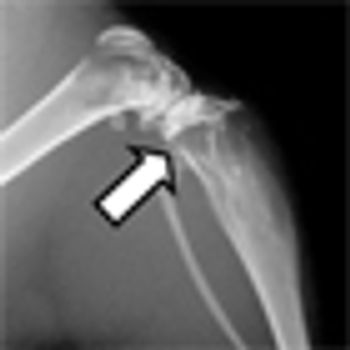
A mouse model of bone metastasis can be used to follow real-time response to therapeutics in preclinical development, such as cabozantinib, according to results presented in the poster session of the 2013 AACR annual meeting.

Cancer Network and the journal ONCOLOGY present exclusive prostate cancer coverage from the annual meeting of the American Society of Clinical Oncology (ASCO). Check out the stories below for write-ups of the most important information to come out of this year's event.

The use of zoledronic acid (Zometa) had no effect on the prevention of bone metastases in patients with high-risk prostate cancer, according to the first results of the Zometa European Study, or ZEUS, presented at the European Association of Urology 28th Annual Congress in Milan, Italy.

Hypofractionated external beam WBI seems like a great option until the APBI data mature from NSABP 39/RTOG 0413. In the meantime, we will have to see whether the ACA’s mission to bend the cost curve in the face of added demand for cancer care will succeed and how our treatment decisions will be affected by this new healthcare model.

APBI is a technique that offers women with early-stage breast cancer a choice. The preponderance of evidence supports the efficacy and safety of this technique, and it should continue to be offered to appropriately selected patients on and off protocol.

Just as high-quality research has focused on limiting the physical toxicity resulting from successful treatment, future research should focus on mitigating the negative effects of financial toxicity without affecting disease-related outcomes.
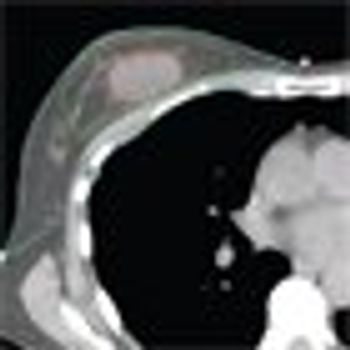
Accelerated partial-breast irradiation is a shorter, alternative radiation technique for select patients with favorable early-stage breast cancer. We review here the different modalities of delivery and discuss the possible benefits and harms associated with these treatments.

This interview covers symptom management and quality-of-life outcomes in cancer clinical trials, which are being incorporated more readily as secondary and sometimes primary trial endpoints.

Washington, DC-“Triple-negative breast tumors are composed of mosaic cancer cells with distinct genetic aberrations,” said Jorge S. Reis-Filho, MD, PhD, a surgical pathologist at the Memorial Sloan-Kettering Cancer Center in New York, who combines traditional pathology, gene expression profiling, and genomics techniques to understand rare breast tumor types, including triple-negative diseases.

Recently, the US government released new “Sunshine” standards requiring more rigorous disclosure of potential financial conflicts of interest in medicine. Such new standards are driven by revelations of misdeeds on the part of pharmaceutical and device manufacturers.
